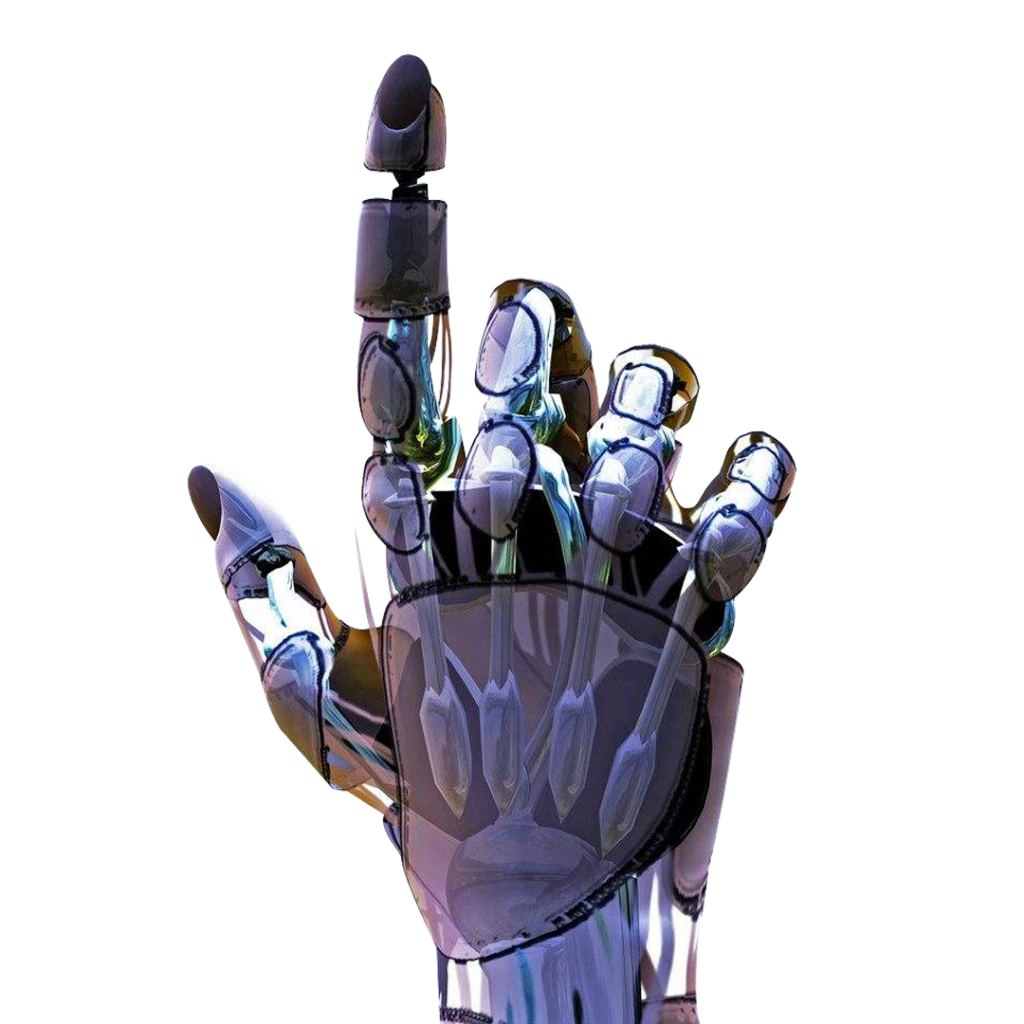HBR- 21 HR Jobs of the Future
*Original article published by Harvard Business Review on Aug 12, 2020
Covid-19 has disrupted every aspect of our personal lives as well as business.
With Covid-19 cases growing worldwide, CEOs and CHROs are trying to figure out a wide variety of challenges, such as new ways to create value, while keeping employees healthy, engaged and productive. As a result, many organizations are trying to re-invent to be able to adapt to the new normal while creating new ways to engage customers and create new products and services.
HR plays a key role to help organizations to re-skill employees, adapt to the new normal and accelerate business transformation. Here are some aspects to consider:
- Organization: structure, ways of working, communications, work and workforce
- Culture: re-image organizational culture to respond to the new normal, new behaviors, team principles and talent
- Leadership: preparing leaders to lead in a new business environment
- Talent strategy: as companies are disrupted by the pandemic, they are re-imaging how to manage and deploy talent. This include aspects related to workforce transformation, re-skilling, careers and engagement
- Diversity and inclusion: D&I is becoming a strong component of organizational strategy. This include to educate the organization, adjust culture and a behavioral change from leaders and employees
- Engagement: employee engagement changed completely with this new normal and remote work. HR can help to define the best strategy and approach on mental health, productivity, wellbeing, and personal resilience.
- Wellbeing: HR can bring expertise in everything from employee assistance programs to programs for mindfulness, exercise, learning, family, nutrition and financial counseling,
- Technology: intelligent solutions are enhancing the employee experience but also providing real-time information about the work and workforce. HR can help to define the right workforce mix and prepare the organization to adapt to have intelligent system working alongside with humans
The topics mentioned above impact the way how HR is organized and deliverers value. Furthermore, this will create new roles that will allow HR to advise executives on the biggest workplace and workforce transformations of our lifetime after Covid-19.
In this context, The Cognizant Center for Future of Work and Future Workplace led by Jeanne C Meister brought together senior HR executives to discuss how to envision how HR’s role might evolve over the next 10 years. The result of that fantastic work was the conception of over 60 new HR jobs, ranked, and an initial 21 HR jobs of the future.
From my experience working with clients in the HR technology space and advise senior HR executives, see the top 4 most important new HR roles:
- Chief Bias Officer: Scrutinize and verify data to ensure rigorous ethical standards to combat biases as AI tools are deployed across talent and HR to inform talent decisions
- VP Resilience and Well-Being: address people challenges to adapt to the new normal and recover quickly and design programs that combines personal, financial, emotional and phycological health
- VP Talent Data Scientist: Use data to proactively engage and retain employees by examining factors such as location, pay, when and how people work, re-skilling and internal mobility to personalize employee experience
- Human Experience Designer: Design “consumer-grade” experience and an “employee centric” approach to better serve the needs of employees by using AI to predict and learn overtime
For more information, please visit: https://hbr-org.cdn.ampproject.org/c/s/hbr.org/amp/2020/08/21-hr-jobs-of-the-future
Share it with your network:
Facebook
Twitter
LinkedIn

Albert Loyola
Artificial Intelligence | Employee Experience| HR Transformation| Advisor| Speaker
Albert brings global market research experience to help executives harness intelligent technologies, reinvent HR, re-skilling and employee experience across NAR, APAC, LATAM and EMEA regions.
[fts_twitter twitter_name=AlbertLoyolaM tweets_count=6 twitter_height=450px cover_photo=yes stats_bar=yes show_retweets=yes show_replies=no]


